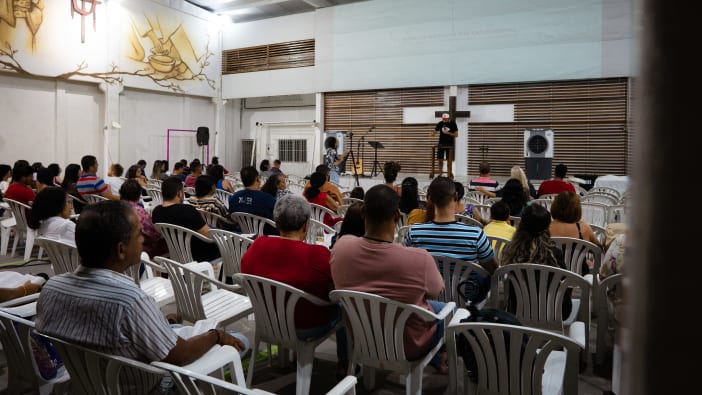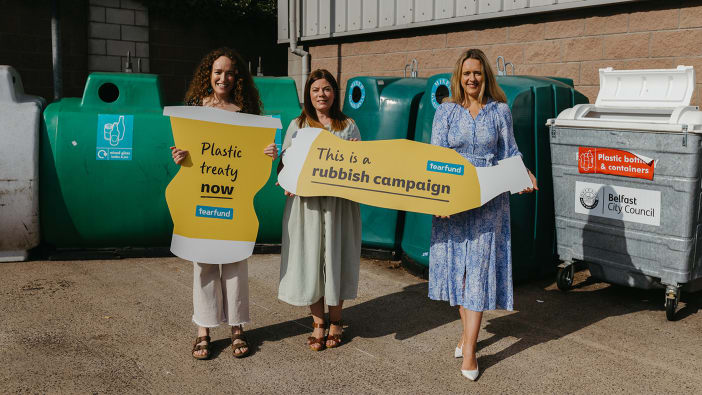Flood brigades and rehabilitating a river
How the church and local community are responding to flooding caused by plastic in Recife, Brazil.
Written by Seren Boyd | 05 Jul 2023


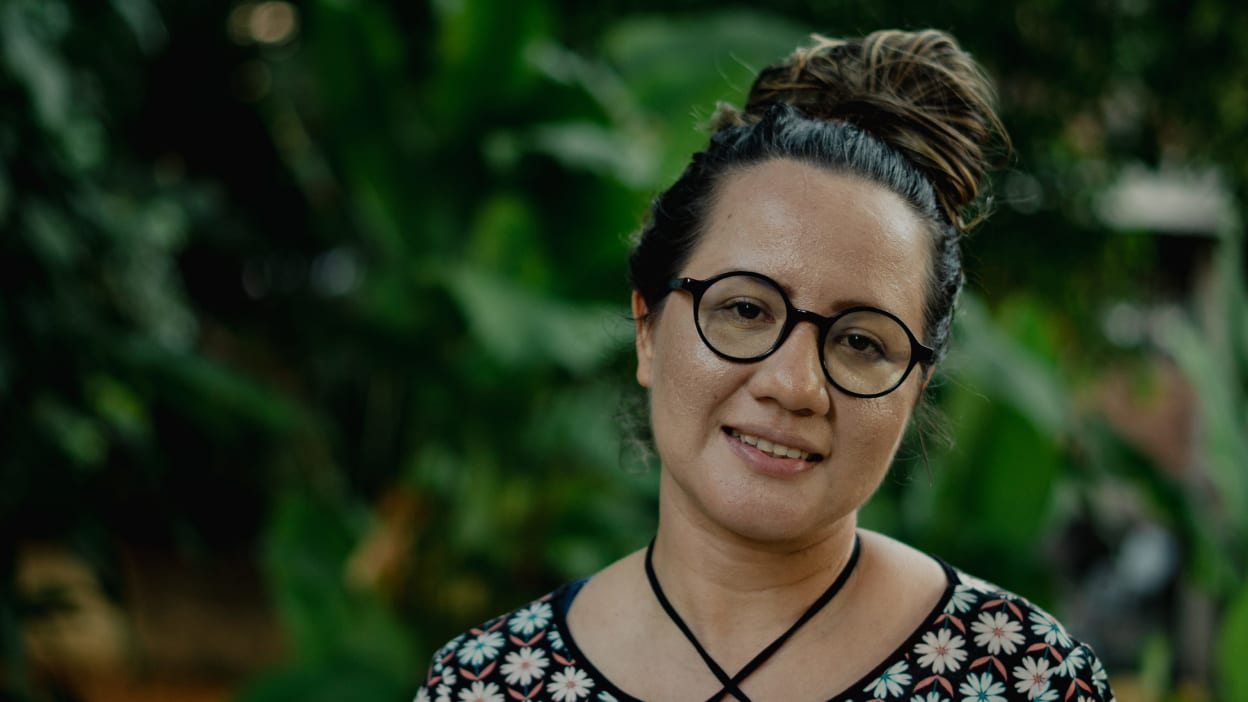
Géssica Dias runs the Clean River, Healthy City (Rio Limpo Cidade Saudável) campaign in Recife, Brazil, where plastic pollution regularly causes the river to flood. Image: Mocah Films / Tearfund
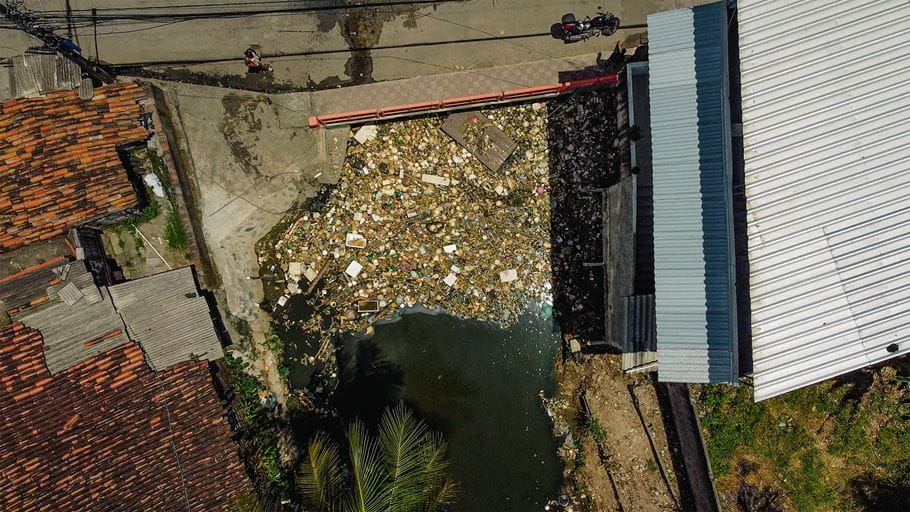
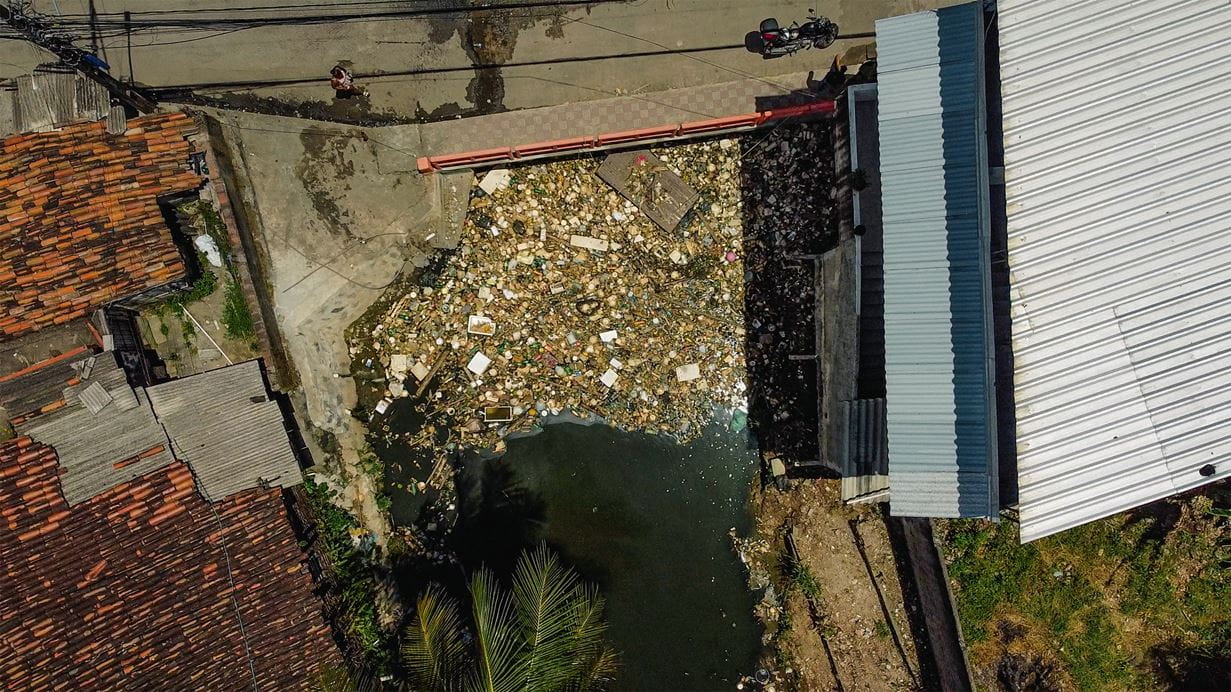
The plastic-choked River Tejipió that runs through this part of Recife in north-east Brazil is overwhelmed. Image: Mocah Films / Tearfund
A community overwhelmed
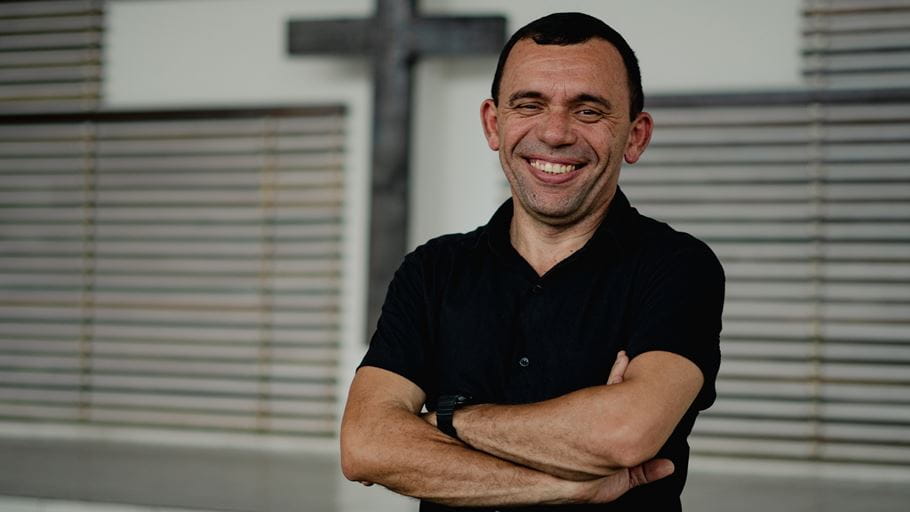
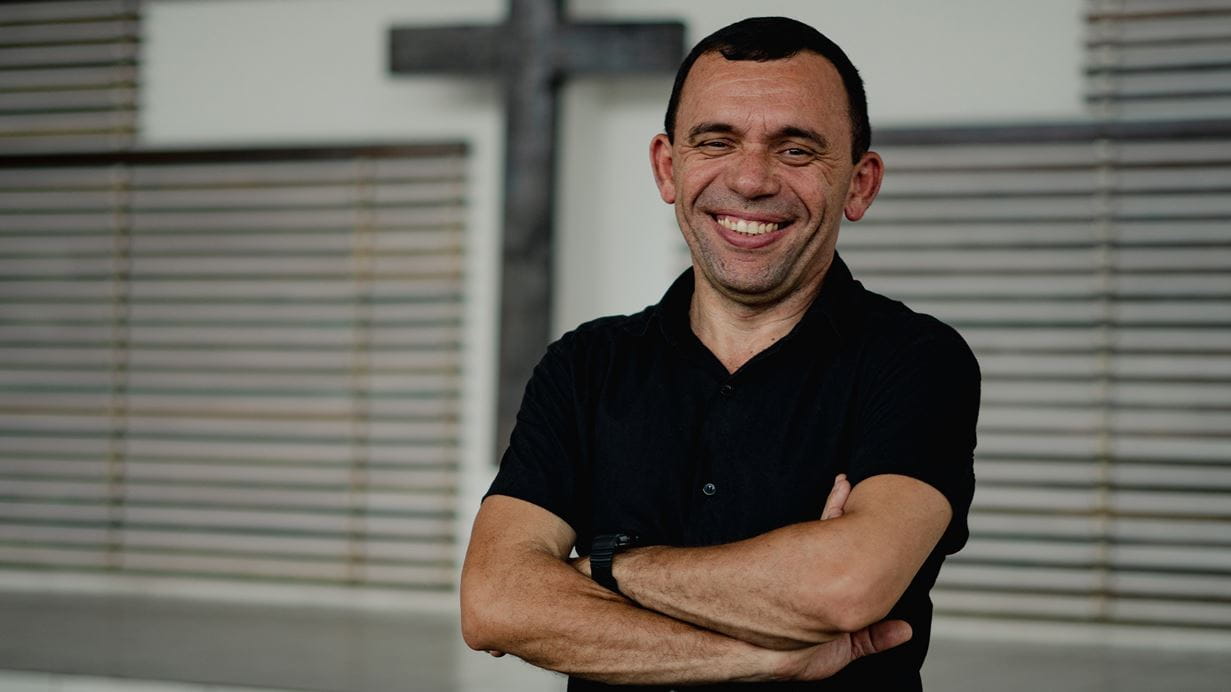
Pastor José is determined one day he will be able to fish in the River Tejipió, just as earlier generations did. Image: Mocah Films / Tearfund
Clean-up campaign
‘The river is not their enemy. It is not entering their house to torment them. It is as much a victim as they are,’
Living in balance
Call on world leaders to end plastic pollution and its harmful impact on people living in poverty.
Sign the petitionWritten by
Written by Seren Boyd
Share this page
Share this page to spread the word and help support those in need.

Get our email updates
Learn about our work and stay in touch with Tearfund. Hear about our news, activities and appeals by email.
Sign up now - Get our email updates




